Latest Posts
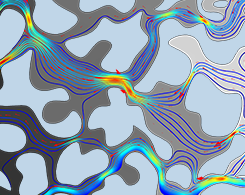
Computing Porosity and Permeability in Porous Media with a Submodel
Porous materials have complex geometries and may therefore be difficult to model. Setting up a microscale submodel is a useful approach to find the porosity and permeability of the medium.
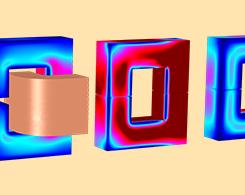
Analyze the Electrodynamics of a Magnetic Power Switch via Simulation
The AC/DC Module can be used to simulate electrodynamic devices, such as magnetic power switch circuit breakers. Follow along with this discussion to study the working principles of the device.
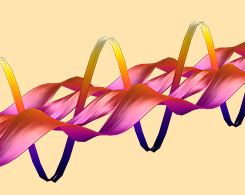
Silicon Photonics: Designing and Prototyping Silicon Waveguides
John Tyndall tried to control the most visible form of energy, light, using 2 buckets and some water. Today, there is a more advanced device for this purpose: a silicon waveguide.
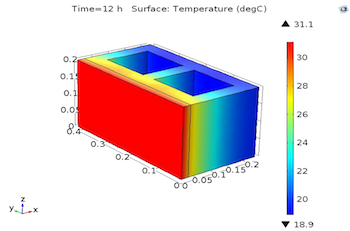
Studying the Thermal Performance of Phase Change Materials
Certain building materials, like plaster, are enhanced with phase change materials (PCMs) to assist in keeping buildings cool in the summer and warm in the winter. But how effective are they?

Happy Birthday, Sir Mokshagundam Visvesvaraya
Sir Mokshagundam Visvesvaraya was a civil engineer who used his talents to make many significant contributions to India’s infrastructure. His birthday is celebrated as Engineer’s Day in India.
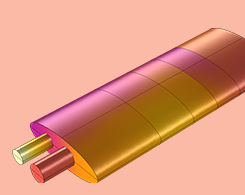
Predicting the Sound Emission of a Muffler Design via Simulation
Cars with subpar mufflers are annoyingly loud. Guest blogger Linus Fagerberg from Lightness by Design discusses a novel, simulation-based approach to predict noise generation in muffler designs.
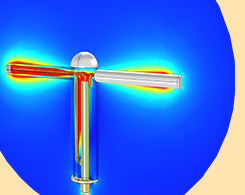
Optimizing the Geometry of Optical Antennas with Genetic Algorithms
What does antenna design have to do with the concept of natural selection? Although it may sound far-fetched, the basic principles of natural selection can be used to optimize antenna geometries.

Analyzing a New Droplet-Forming Fluidic Junction with Simulation
A novel oscillatory microfluidic junction design, called a “batwing”, is improving the field of droplet microfluidics by consistently producing uniform and complex double-emulsion droplets.
